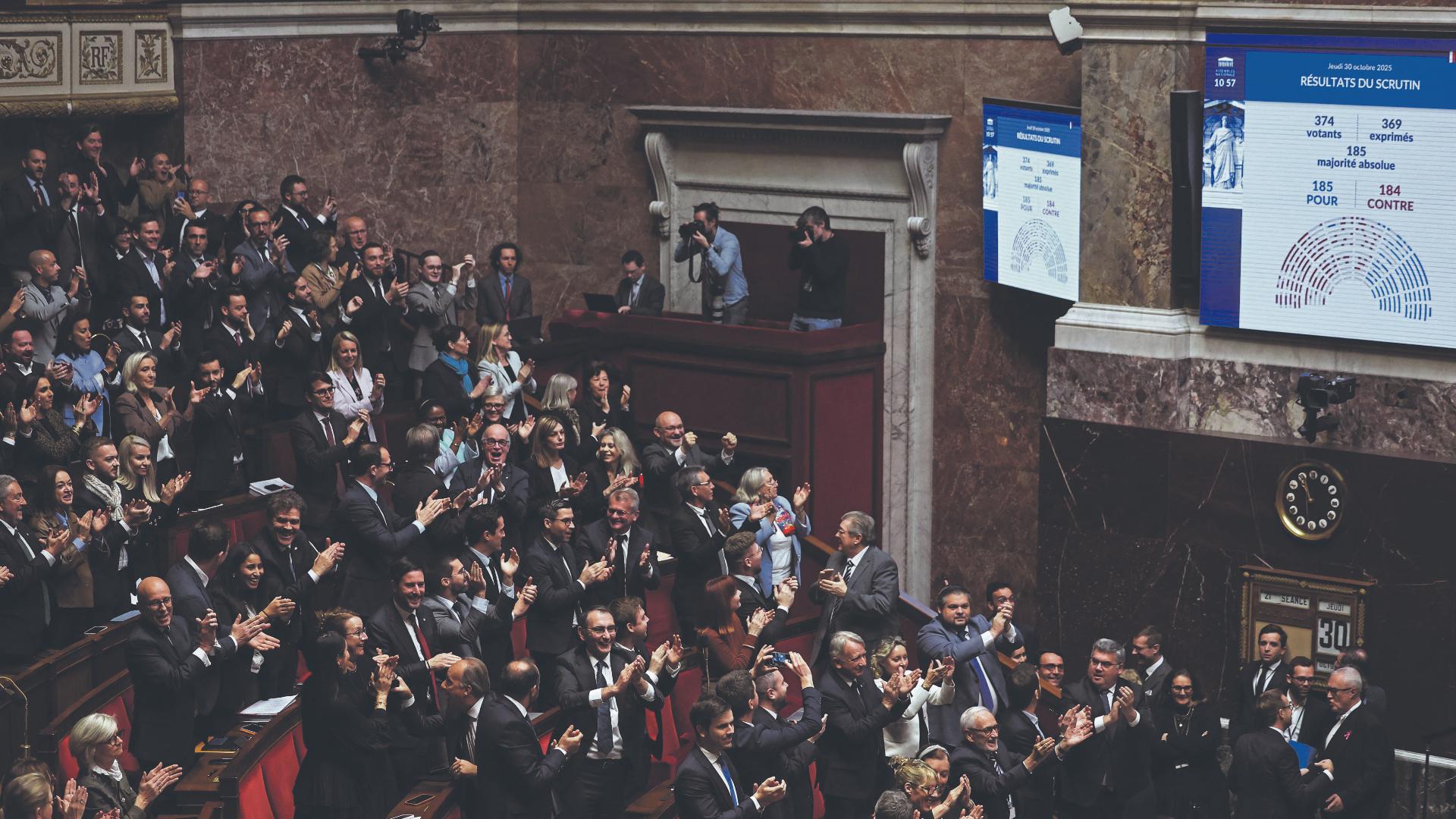French National Assembly Votes to Denounce 1968 Franco-Algerian Agreement, Straining Diplomatic Relations
The French National Assembly's narrow adoption of an RN-backed resolution to denounce the 1968 Franco-Algerian immigration agreement complicates diplomatic efforts with Algeria and triggers political controversy at home.
- • French National Assembly narrowly approves RN resolution denouncing 1968 Franco-Algerian immigration agreement.
- • Resolution is symbolic and non-binding but reflects broad public support for suspending the agreement.
- • Government and President Macron embarrassed as the vote complicates stalled diplomatic talks with Algeria.
- • Internal Assembly dispute arises over issue, with accusations of racism against deputy Hanane Mansouri.
- • Vote raises questions on Parliament's role in foreign policy and future of Franco-Algerian relations.
Key details
On October 30, 2025, the French National Assembly narrowly adopted a resolution proposed by the far-right Rassemblement National (RN) that calls for denouncing the 1968 Franco-Algerian immigration agreement. This agreement grants Algerians specific privileges regarding their stay and circulation in France, a legacy of post-independence ties between the two countries. The vote passed by a margin of just one vote, marking the first time the RN has succeeded in having a text approved in the Assembly (123038).
Marine Le Pen hailed the vote as a historic moment for her party, underscoring that it reflects the wishes of 72% of French citizens who support suspending what she termed "the agreements of shame" (123085). However, the resolution is non-binding and primarily symbolic, signaling strong parliamentary sentiment but not mandating government action.
The vote has put President Emmanuel Macron and his government in a difficult position, as officials had been quietly working to revive stalled dialogue with Algeria amid recent diplomatic tensions. The government, represented by Prime Minister Sébastien Lecornu, remained notably silent following the vote, highlighting the embarrassment this unexpected parliamentary move has caused for the executive branch (123084).
The controversy also sparked heated exchanges within the Assembly. Hanane Mansouri, a deputy from the Union des Droites (UDR), who supports denouncing the agreement, was disparaged by La France Insoumise (LFI) deputy Abdelkader Lahmar. Lahmar's remarks, which implied Mansouri’s Moroccan origin made her a "caution" for the right in the debate, were widely condemned as racist. Mansouri announced plans to seek disciplinary action against Lahmar, stressing her frustration with such personal attacks (122965).
The fallout illustrates tensions not only in Franco-Algerian relations but also within French domestic politics regarding immigration policies and historical agreements. While the government had aimed for a diplomatic thaw with Algeria, this parliamentary move complicates prospects for an immediate resolution and raises questions about the role of the National Assembly in influencing foreign policy decisions (123084, 123085).
As the French government navigates this politically sensitive territory, attention now turns to how Paris and Algiers will respond to this shifting landscape, especially in light of the public support for reassessing long-standing agreements and the desire for improved bilateral relations.
This article was translated and synthesized from French sources, providing English-speaking readers with local perspectives.
Source articles (5)
Source comparison
Latest news
French Public Sees Rise in Political Violence Amid Pre-Municipal Election Tensions
Businesses Drive French Economy Amid Rising Financial Challenges for Youth
France Climbs to 4th Place in 2026 Winter Olympics Medal Table After Biathlon Relay Gold
XV de France to Field Largely Unchanged Lineup Against Italy in Six Nations
France and India Deepen Strategic Partnership with Focus on AI Regulation and Defense Cooperation
Data Breach Exposes 1.2 Million French Bank Accounts, Authorities Warn of Fraud Risks
The top news stories in France
Delivered straight to your inbox each morning.


